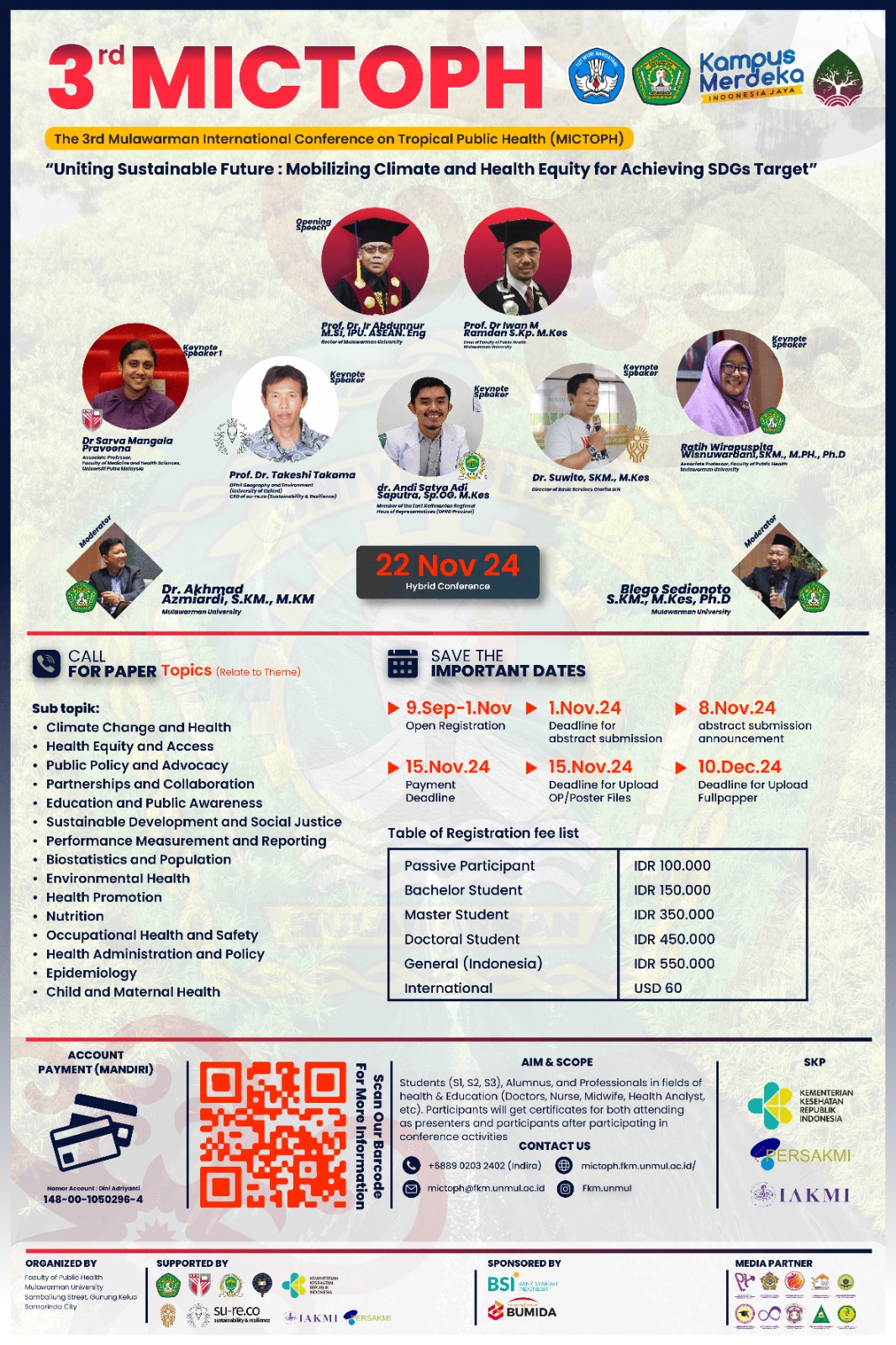The Low Knowledge of Adolescents Regarding Reproductive Health and Smoking Habits Among Adolescents
Keywords:
Adolescence, Reproductive Health, Smoking, Education, InterventionAbstract
Background : Teenagers undergo complex transitions involving changes in various aspects including cognitive, emotional, social, and moral dimensions. They often seek out novel experiences, which may include high-risk behaviors like pre-marital sex, potentially leading to negative consequences for their reproductive health. Social environments, particularly peer groups, significantly influence teenage smoking habits more than mass media or family influences. According to WHO surveys, approximately 17.5% of global populations are adolescents, with higher proportions found in developing countries. Teenage smoking poses significant health risks such as increased blood pressure, heart rate, and cancer risk. Objective : It is hoped that similar educational programs will continue enhancing teen awareness while reducing future healthcare concerns. Research Methods/ Implementation Methods : An intervention program named CERAH (Smart Reproduction Against Tobacco For Healthy Living) was launched. This inclusive educational approach involves presenting materials through interactive sessions and distributing iron supplements (Tablet Tambah Darah – TTD). Results : Evaluation results indicate substantial increases in students’ understanding after interventions—rising from an average score of 52% before training to 63% afterward. These findings align with previous research demonstrating positive changes in teen knowledge about tobacco-related health dangers following health education initiatives. Conclusion/Lesson Learned : there is an increase in knowledge regarding Adolescent Reproductive Health and the Dangers of Smoking. Before educational activities were carried out, the level of knowledge regarding adolescent reproductive health and the dangers of smoking was 52%, and after educational activities were carried out it increased to 63%. In this way, there was an increase in the knowledge of pupils and students by 11%. This shows that the outcome of CEAH's educational activities was successful. It is hoped that educational activities like this can continue to be carried out and be sustainable in educating teenagers in order to achieve teenagers who understand the importance of maintaining reproductive health and the dangers of smoking. If the program is desired, it is recommended that continuous collaboration be established between the implementing team and the UPT. Semoi Dua Health Center.





